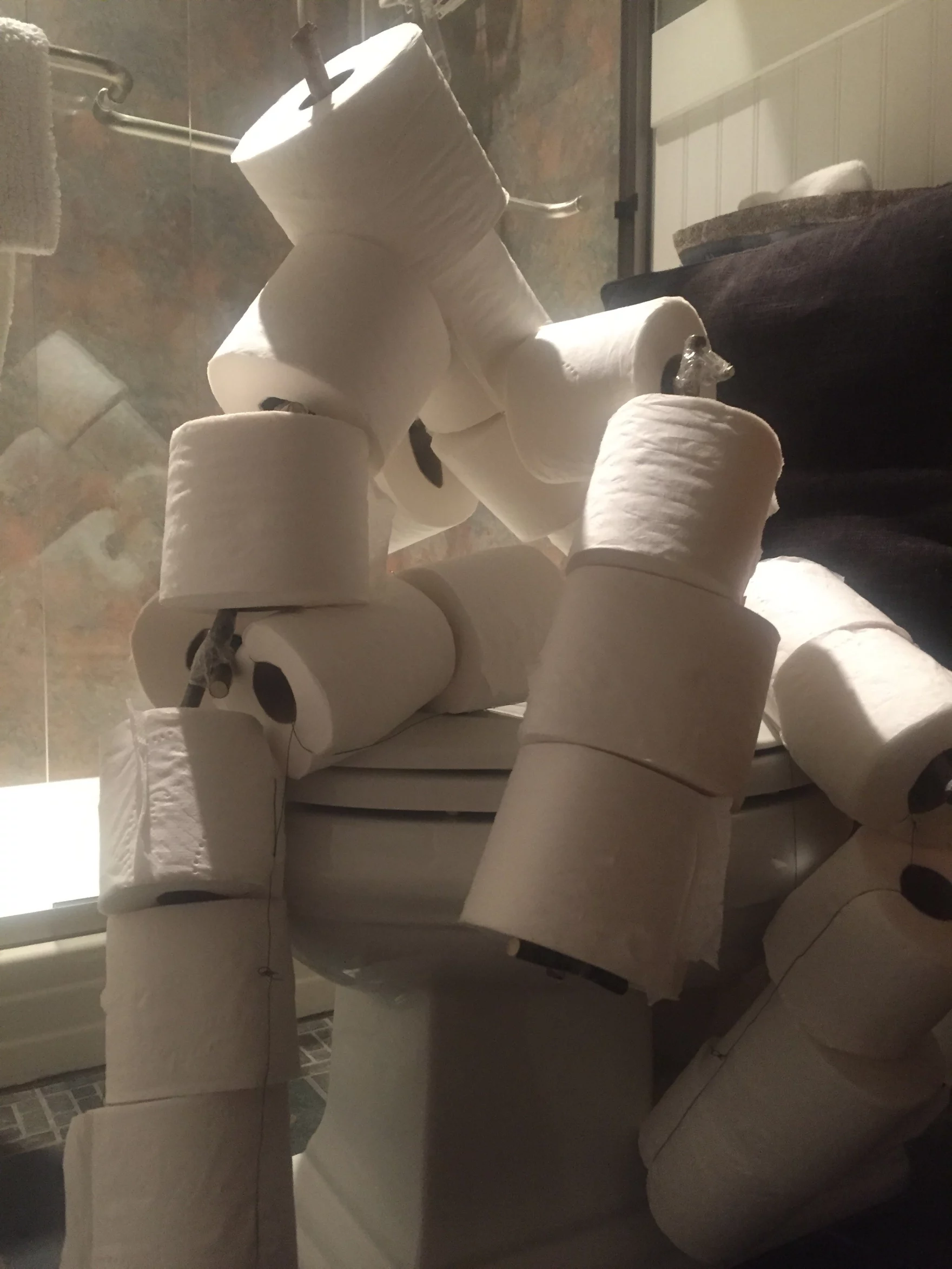Dance Courses By Zoom? Theater, Arts Students At SOU Transition To Remote Learning
This article was originally published to Jefferson Public Radio
How can you teach someone the intricacies of a dance remotely? Or see the details of a sculpture through cell phone photos?
Many university professors had to ask themselves these questions after Oregon Gov. Kate Brown announced that schools would have to completely transition to remote learning to prevent the spread of the coronavirus.
That hasn’t stopped some theater and arts courses from moving forward, mostly by using the popular video-conferencing software, Zoom.
“This would not be the premier way of teaching dance,” says Southern Oregon University musical theater dance instructor Suzanne Seiber. “But you get that sense of community that you get in dance. It’s a substitute, but it’s working.”
Still, there have been challenges. It takes a little more time to plan out courses and view students’ works. Seiber says she learns something new every time she teaches the course and encounters a glitch either on her computer or a student’s computer. She has also had to become accustomed to an internet delay — since everyone has a different internet connection with different speeds, they all hear the music at different times, so Seiber sees each student performing the dance at different times.
“The very first class I taught, I felt like a beginning teacher,” Seiber says. “After you’ve done this for 20-some years, you feel like, ‘How can I feel like a beginning teacher?'”
When Seiber logs into her course through Zoom, she sees 17 little boxes on her computer screen, each showing a student ready to practice dancing wherever they are. Some are in their bedrooms, their living rooms, their kitchens — any room that has a smooth-surfaced floor that’s similar to a dance floor.
One of Seiber’s students, Ryan Zamudio, had to practice dancing in his dorm room bathroom.
“I had to jump between two or three different locations — of putting my laptop on the bathtub, putting it on the sink, putting it on the end of the bathroom,” Zamudio recalls. “It was not a fun experience, not gonna lie.”
His roommate moved out of the dorms a few days into the spring term, so Zamudio now has an extra room with a smooth floor that he can use for dancing. He says a lot of students have decided to leave the dorms because of the coronavirus pandemic. He chose to stay at the dorms to prevent inadvertently spreading the disease to his parents back home in Portland.
“All of my friends left,” Zamudio says. “It has forced me out of my comfort zone and to reach out to anyone who is still on campus. So, it has brought people together, the few people who have stayed.”
Many students dropped the musical theater dance class once they heard that it would be taught online. But Zamudio stuck with it.
“I’m not going to let this stop me from doing what I’m passionate about,” he says. “I’m not going to let this situation completely change what I’m doing with my life.”
Zamudio is also taking art classes, where he says students have had to make do with what they have on hand for their assignments, like tearing up paper bags and using them as canvas. But sometimes that need to be resourceful is a valuable lesson in itself, says assistant professor Michael Parker, who teaches sculpture at SOU.
“You have to have creative solutions to this,” Parker says. “I think it’s also helping students learn about flexibility. There’s an opportunity to have critical thinking be front and center.”

For instance, he gave his students a two-day assignment that asked them to gather all of the available toilet paper rolls within their homes — without destroying the toilet paper and with permission from everyone they live with. Then, using only the toilet paper rolls and found household objects like curtain rods, they were to assemble a sculpture.
One student, Elise Mitchell, took him to task and gathered a couple of dozen rolls and piled them so that they resemble Auguste Rodin’s “thinking man” sculpture sitting on a toilet.
Parker says projects like this can be helpful for students who might feel isolated or stressed out during the pandemic, and attending a regular class, even remotely, could give them a sense of structure. In fact, one of the unexpected side-effects of remote learning is that most classes have had near-perfect attendance.
“It’s a place to go,” Parker says. “It’s not just binge-watching Netflix. In some ways, it’s kind of the best thing to be is in college discussion-based courses right now.”

Parker uses his classes as an opportunity to ensure students are doing OK. He says some of them are essential workers, so they’re risking their health while engaging with the public. A few have even lost family members to the coronavirus.
“There’s always a check-in at the beginning of class, to make sure everybody’s personally safe, family members are safe, and just really being human,” he says.
That can be important for students right now — most of whom are determined to continue their education and their life goals, even if they don’t really know what life will look like after graduation.
By April Ehrlich | JPR News



